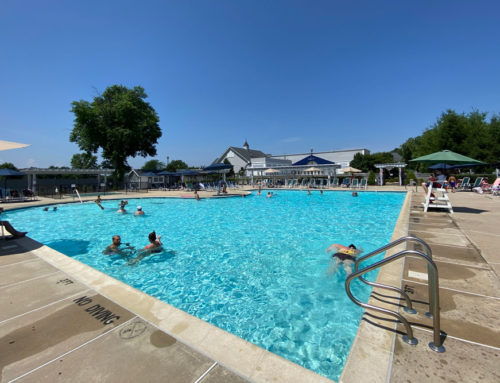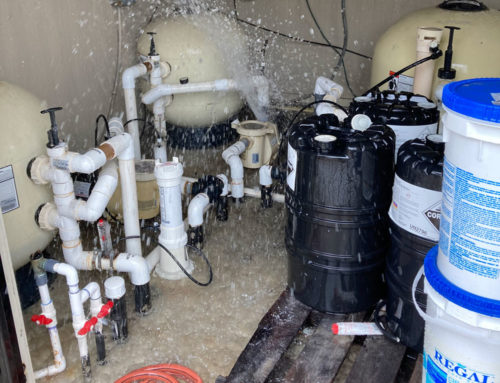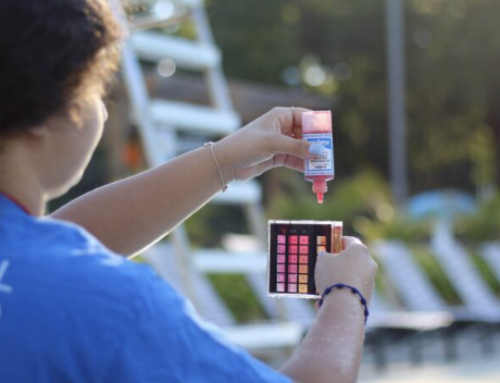A primary concern of pool compliance is keeping the water clean and safe for swimmers. While the theory of this is simple – check chemical levels and add cleaning materials as necessary – having thousands of people in your pool every day means that more contaminants are being added to the water than you realize. Over time, this can lead to unsanitary conditions.
According to a recent study conducted by Atlanta-based Accu-Tab Chlorination System and funded by the National Association of City and County Health Officials, a significant portion of pools in the U.S. are failing to meet safety compliance requirements due to unsafe pool water. If you’ve been struggling to keep your head above water when it comes to cleaning your facility, pool maintenance services may be able to help.
What’s in the water
NACCHO represents more than 2,800 community-level health departments across the U.S., and Accu-Tab used this vast resource to survey health officials and compile data from a representative sample of the country.
The study found that 75 percent of community health departments shut down a commercial pool between 2012 and 2014. Ninety percent of health officials reported low sanitization levels, 61 percent said the pH levels were dangerously out of balance and 53 percent attributed the closings to cloudy water.
Pools in apartment complexes were some of the biggest non-compliant facilities. Among the community-level health officials surveyed, 54 percent said that only a third of all apartment pool complex inspections result in a passing grade.
Barry Grisez, program manager at Ohio’s Cuyahoga County Board of Health, told Aquatics International that the findings shouldn’t come as any surprise.
“That sounds pretty close to what you’d normally see,” Grisez told the new source. “Anything that comes up in that survey, I’ve got to imagine, has to in some way be addressed through [government regulations].”
The study will be presented in October at the National Swimming Pool Foundation’s World Aquatic Health Conference in Portland, Oregon.
Picking up the slack with pool maintenance services
Of course, no pool manager intends to run a pool that doesn’t comply with safety regulations, but there are some times when you may have too much on your plate to handle all aspects of facility management by yourself. In these situations, delegating cleaning tasks to a pool maintenance service can save you time and a whole lot of headaches.
Many pool maintenance services include chemical treatments as part of a basic package, so you don’t have to worry about contaminated or cloudy water. They also provide manual cleaning and will remove debris from the water, brush walls and steps, backwash the filter and empty all buckets and trays that are part of your filtration system.Though some companies don’t charge for it, you can also pay more for premium services such as opening and closing your facility and power vacuuming.
The real benefit of pool maintenance services is the time they give managers to devote their attention to other projects. Without having to worry about the tedious daily routine of checking and adding chemicals, pool managers are now free to observe that all other aspects of their facility are running smoothly. You might also consider beginning a new pool construction project to add a slide or water feature to attract new patrons.
Keeping your pool clean might seem like a monumental task, but if you approach the problem from the right angle with the support from a dedicated pool maintenance service team, odds are that you’ll be able to wrest control of your pool away from contamination and back into your hands. From that point, effective pool management means keeping a keen eye on all staff members and safety protocols so swimmers can keep coming back for more fun.






